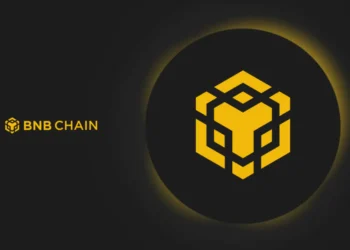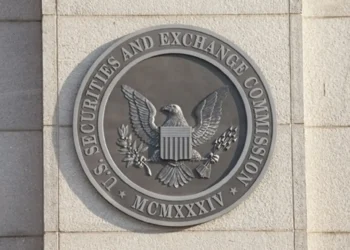In the United States, a significant crackdown is underway on individuals involved in buying and selling child sexual abuse material (CSAM) using cryptocurrencies.
U.S. Senators Elizabeth Warren and Bill Cassidy are leading efforts to ensure that federal agencies are fully equipped to track down crypto transactions linked to the sale of child abuse content.
The senators have called upon the Departments of Justice (DOJ) and Homeland Security (DHS) to reveal their current technical capacities in an effort to combat CSAM.
In a letter to Attorney General Merrick Garland and Secretary of Homeland Security Alejandro Mayorkas, the senators asked for the DOJ’s and DHS’s current capabilities to identify and prosecute these crimes.
The senators highlighted the challenges faced by existing Anti-Money Laundering (AML) rules and law enforcement methods in effectively detecting and preventing these crimes. They posed six questions to the directors, three of which were aimed at assessing the federal agencies’ independent findings on cryptocurrency’s link to CSAM, while the rest were to identify the need for new tools to identify and prosecute sellers and buyers. The senators requested a response to the questions by May 10.
This request follows a Chainalysis study from January 2024, which indicated a rise in the use of cryptocurrency in the illicit trade of CSAM. The study found that sellers of child abuse materials are using “mixers” and “privacy coins” like Monero (XMR) to launder their profits and evade law enforcement.
Meanwhile, in another development, the DOJ has indicted cryptocurrency exchange KuCoin and two of its founders over allegations of violating Anti-Money Laundering rules.
On March 26, the DOJ charged KuCoin and its two founders with “conspiring to operate an unlicensed money transmitting business” and violating the Bank Secrecy Act. According to the Justice Department, KuCoin received more than $5 billion and sent more than $4 billion of “suspicious and criminal funds.”
“As alleged, in failing to implement even basic Anti-Money Laundering policies, the defendants allowed KuCoin to operate in the shadows of the financial markets and be used as a haven for illicit money laundering, with KuCoin receiving over $5 billion and sending over $4 billion of suspicious and criminal funds”
the Department claimed in its statement.
If you want to read more news articles like this, visit DeFi Planet and follow us on Twitter, LinkedIn, Facebook, Instagram, and CoinMarketCap Community.
“Take control of your crypto portfolio with MARKETS PRO, DeFi Planet’s suite of analytics tools.”




















